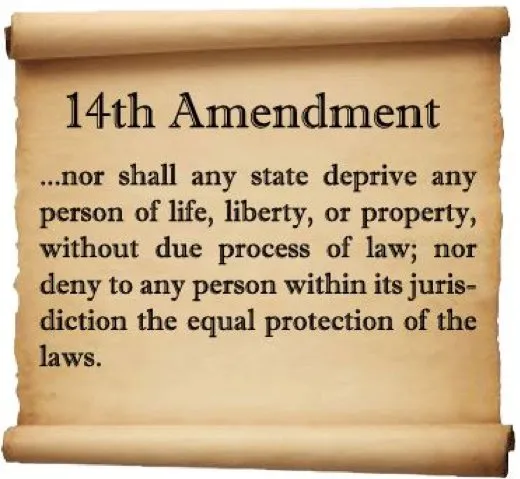30 Mar 2024,11:14 AM · 63
Comparative Analysis of Hero Images: Beowulf, Sir Gawain & Green Knight, and Morte D’Arthur
Introduction The concept of heroism transcends real-life and literary realms, embodying noble and courageous attributes, often depicted in male characters who confront adversity to save individuals or communities. In ' ...
Read More
